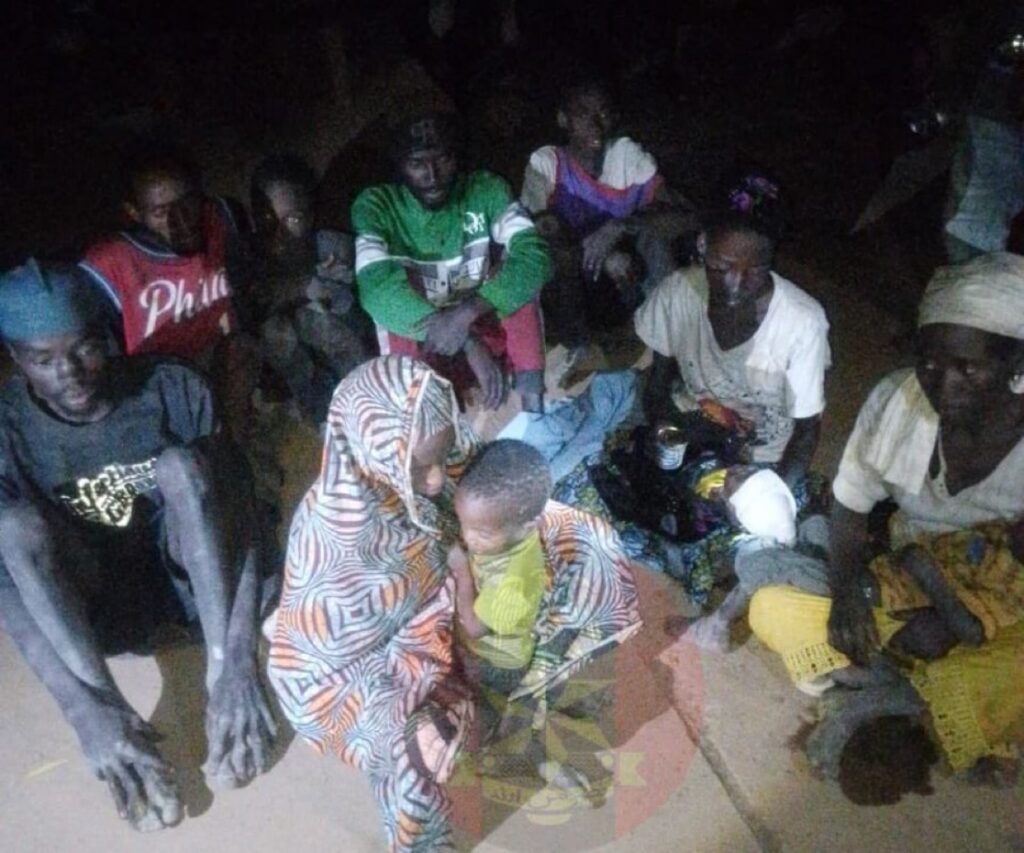A New Dawn for the Almajiri: Governor Ahmed Aliyu’s Bold Reformation Initiative

It is encouraging to note that Governor Ahmed Aliyu of Sokoto State is tackling the Almajiri reformation program from many angles, starting with community engagement. In a region where the Almajiri system has long been a complex social issue—entwined with tradition, poverty, and educational disparity—this multi-pronged approach signals a new chapter for the children caught within it.
When Governor Aliyu took office, he inherited not just political responsibilities but a moral burden shared by generations of northern leaders: the fate of thousands of Almajiri children. For decades, the system, originally designed to offer Islamic education to young boys under the tutelage of Mallams (teachers), had deteriorated into a cycle of street begging, exploitation, and neglect. These children, often far from their families, lived in dire conditions, vulnerable to disease, abuse, and radicalization.
From the outset, Governor Aliyu made it clear that reform would not come through top-down policies alone. He knew that the key to any lasting change lay in earning the trust of the communities that uphold this system—parents, religious leaders, traditional rulers, and the Mallams themselves. His administration began by initiating a series of town hall meetings across Sokoto State, sitting down not in offices but in open-air gathering spaces, listening to the voices that had long been ignored.
“We cannot succeed if we do not understand,” the Governor was quoted as saying during one of these forums. “And we cannot understand unless we listen.”
The community engagement sessions revealed much: some parents sent their children to Almajiri schools out of devotion, others out of desperation. Many Mallams themselves were struggling to care for the children under their watch. It was clear that reform had to be holistic—centered not just on the children but on the socioeconomic realities that created the system.
Building on these insights, Governor Aliyu unveiled a three-phase reformation blueprint. The first phase focused on the integration of modern education into the Almajiri system. Through partnerships with NGOs and donor agencies, new hybrid learning centers were constructed, where Islamic studies were taught alongside literacy, numeracy, and vocational skills.
The second phase was infrastructural. Dormitories were refurbished, new sanitation facilities built, and healthcare access expanded. The days of children sleeping on bare floors in overcrowded halls were slowly being replaced by a new standard of dignity.
But perhaps the most ambitious part of the program was the third phase: reintegration and empowerment. This included family reunification for Almajiri children where possible, skill acquisition programs for the older ones, and even microfinance initiatives for the Mallams to shift away from reliance on child labor and begging.
Despite the complexities, early signs of progress began to emerge. In the city of Sokoto, a pilot reformation school now houses over 300 children, most of whom are off the streets and enrolled in structured educational programs. Parents who once sent their sons away now receive regular updates, and community volunteers have stepped in as mentors.
The Governor’s efforts have not gone unnoticed. Civil society groups, human rights organizations, and even international observers have lauded the program as a model for culturally sensitive yet progressive reform. More importantly, the children—long silenced and sidelined—are beginning to find their voices.
Twelve-year-old Bashir, once a beggar on the streets of Bodinga, now proudly reads aloud from a book in both Arabic and English. “I want to become a teacher,” he says, eyes alight with a dream that once seemed unreachable.
Governor Ahmed Aliyu knows the journey is far from over. Challenges remain—funding gaps, political resistance, and deep-rooted social norms. But his administration is guided by a principle that is both simple and profound: that every child deserves a future.
As Sokoto navigates this pivotal transformation, one thing is clear—when leadership meets empathy, and policy meets the people, change is not just possible. It is inevitable.









